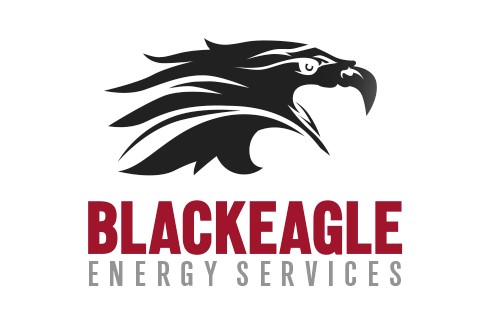Major Safety Milestone Achieved by Pipeline Contractor

Blackeagle Energy Services today announced it recently achieved a safety-performance milestone when it exceeded 2.5 million man hours without a lost-time incident.
“At Blackeagle, it is an expectation to work safely,” said Mike Walker, Blackeagle’s Safety Manager. “Working 2.5 million man hours without an injury serious enough for our workers to lose time from the job demonstrates our continuous and daily commitment to operating at the highest standards. Our Employees are creating a sustainable safety culture by utilizing safety processes and tools, planning work efficiently, taking ownership, and correcting unsafe conditions.”
The energy industry has received a high amount of scrutiny around safety, especially concerning pipeline construction. Blackeagle Energy’s ability to work safely and without incident on high-profile pipeline projects has been a tremendous value to their customers.
“Our peers in this industry average 3.3 lost days per 100 workers per year to injury,” said Walker. “Our ability to perform among the top companies puts Blackeagle at world-class safety performance, which really matters when working around the public.”
Related News
Related News

- Kinder Morgan Proposes 290-Mile Gas Pipeline Expansion Spanning Three States
- Valero Plans to Shut California Refinery, Takes $1.1 Billion Hit
- Three Killed, Two Injured in Accident at LNG Construction Site in Texas
- Tallgrass to Build New Permian-to-Rockies Pipeline, Targets 2028 Startup with 2.4 Bcf Capacity
- TC Energy Approves $900 Million Northwoods Pipeline Expansion for U.S. Midwest
- New Alternatives for Noise Reduction in Gas Pipelines
- EIG’s MidOcean Energy Acquires 20% Stake in Peru LNG, Including 254-Mile Pipeline
- Construction Begins on Ghana's $12 Billion Petroleum Hub, But Not Without Doubts
- DOE Considers Cutting Over $1.2 Billion in Carbon Capture Project Funding
- Valero Plans to Shut California Refinery, Takes $1.1 Billion Hit




Comments